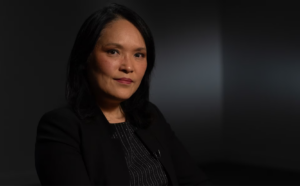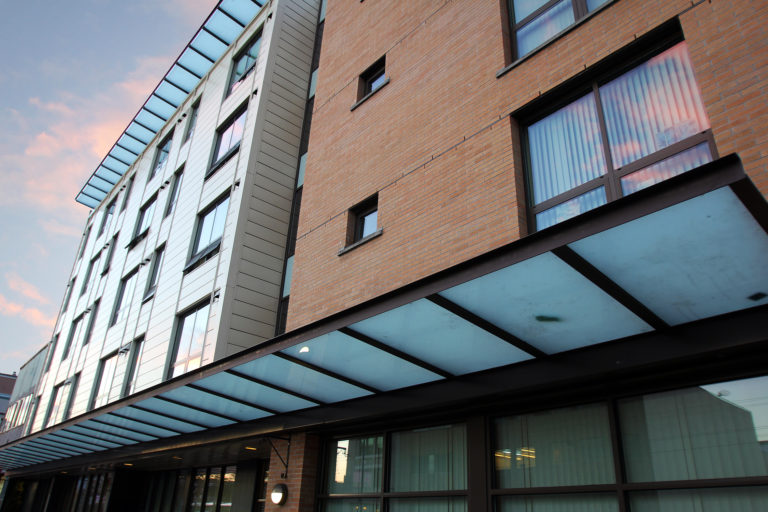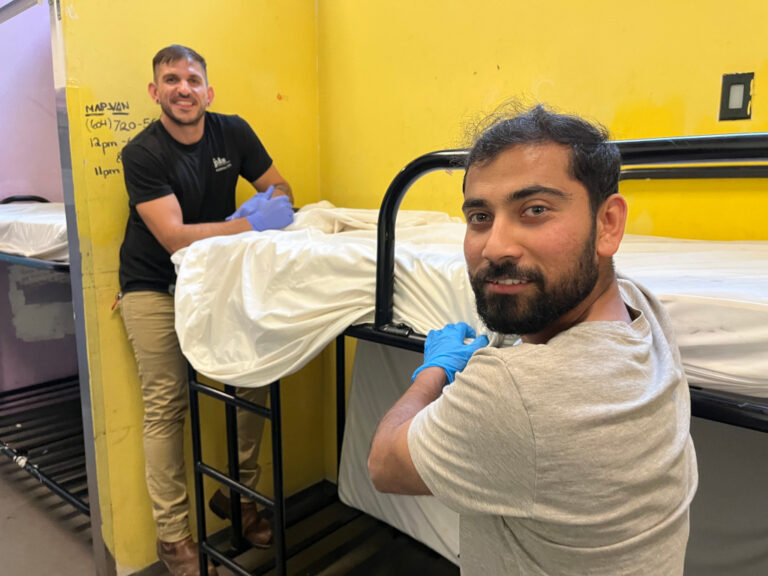If ever there was a non-partisan issue, it’s the drug poisoning crisis. It’s hitting all communities from coast to coast.
According to peer-reviewed medical journal The Lancet, there have been more than 30,000 opioid poisoning deaths in Canada since 2016 when the crisis began spreading across the country in waves.
Anyone consuming illicit drugs anywhere is at immediate risk of harm.
Half of BC’s drug poisoning deaths in 2023 occurred inside private residences (48 percent) with one-third (32 percent) in social or supportive housing and the remaining fifth outdoors (19 percent).
B.C.’s chief coroner Lisa Lapointe has pushed back at myths that the crisis is contained to Downtown Eastside injection drug users, saying:
“The drugs are toxic, so it doesn’t matter where you live in the province or your socioeconomic status or your job. If you take a drug that is toxic, you will die.”
The scale of the issue is beyond party politics. 13,000 BC lives have been lost to unregulated drugs since 2016.
 And the urgency cannot be overstated. As the coroners service death review panel [PDF] stated in November 2023: “as many as 225,000 people in BC remain at risk of unregulated drug injury or death.”
And the urgency cannot be overstated. As the coroners service death review panel [PDF] stated in November 2023: “as many as 225,000 people in BC remain at risk of unregulated drug injury or death.”
If there’s ever been time for some cross-party consensus, it’s now.
Which is why it’s so interesting to read a CBC report, For these MPs, the opioid crisis is personal, in which Canadian politicians of all brands talk about how the crisis has touched their lives.
They all speak about the need for a more coordinated, focused approach, with more programs available for people with substance use disorders.
In the words of Conservative MP John Barlow: “Clearly something else has to be done. What that solution is, I don’t think there is a definitive answer. But gosh darn it, we have to start putting some effort into this. This cannot carry on the way it is.”
Liberal MP Patty Hajdu, who formerly ran a homeless shelter in Northern Ontario, framed the role of harm reduction in a useful way:
“I used to say at the shelter, when people come to the door looking for safe supplies, clean needles, pipes that are clean … what they’re saying is, ‘I still have hope I could get better. And if I get better, I don’t want to have HIV or hepatitis C.’
“That’s a health-seeking behaviour. And so if we reframe that … that’s a hopefulness that people have.
“Imagine if they didn’t care enough to go and get a clean needle. That means someone’s given up hope that there’s really anything to look forward to. So to me, that’s the first thing, to understand that harm reduction is a health-seeking behaviour.”
Or as the NDP’s Jenny Kwan (pictured, below) put it, “Dead people don’t detox.”
 She called for more awareness of “the journey to heal,” from harm reduction to recovery, and possibly back again due to the likelihood of relapses along the way.
She called for more awareness of “the journey to heal,” from harm reduction to recovery, and possibly back again due to the likelihood of relapses along the way.
As we keep saying, treatment and recovery are not at odds with harm reduction and safe supply. Upstairs from Insite is Onsite’s medically supported withdrawal management which provides care to more than 400 people per year.
Harm reduction supports recovery: it’s health-seeking behaviour, after all.
And there’s a place for harm reduction in recovery, especially if/when people relapse.
We are the midst of a multi-faceted medical emergency. Drug harms are too complex to be resolved by a single answer.
The country urgently needs evidence-based, holistic approaches and options, not political sloganeering.
- Learn more about innovative PHS programs and our supportive housing in Vancouver and Victoria, B.C.
- Donate to continue innovative projects like these.




